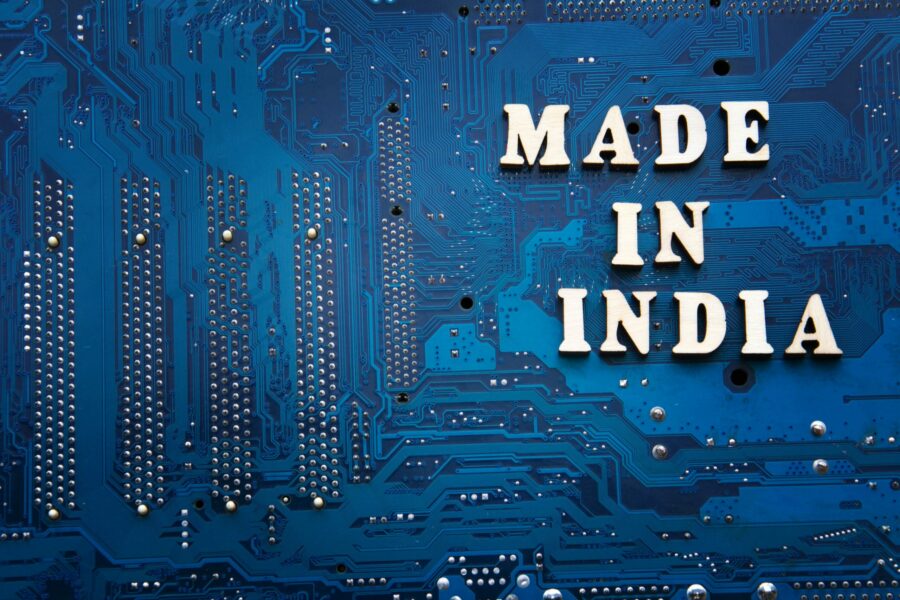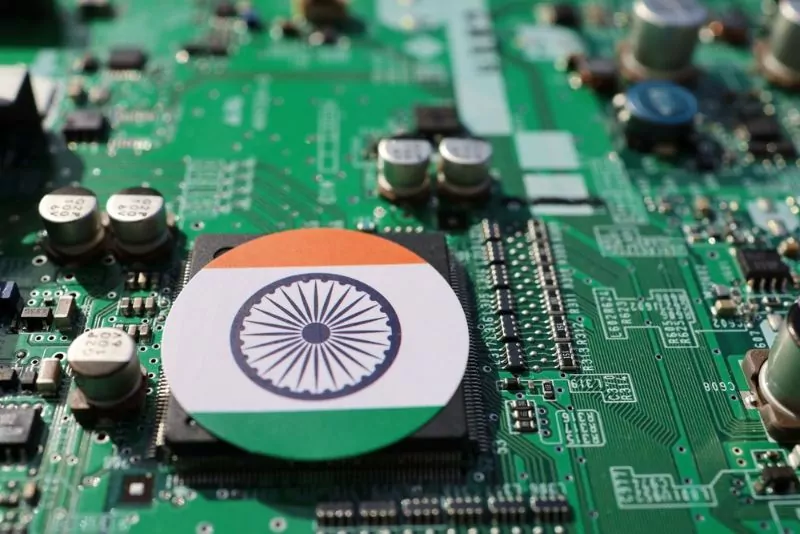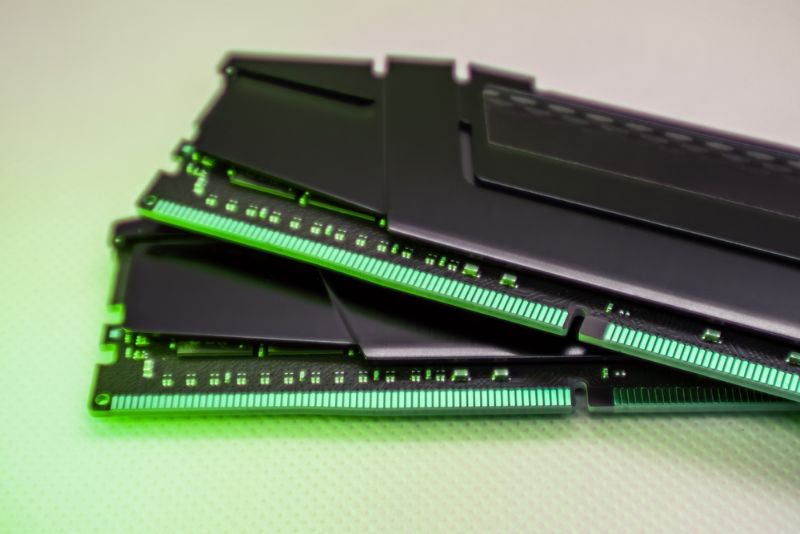The value of US semiconductor imports grew 13% over the first three months of this year, showing there’s a long way to go before the country can satisfy its chip needs at home”, according to a report by Bloomberg.
The report shows that Asia is still the main source of US chip imports, but the supply chain has changed since last year. Malaysia, home to many chip-testing and packaging facilities, saw its direct exports to the U.S. drop by almost a third in value, while Thailand’s almost doubled.
It was pointed out that mainland China’s chip exports to the US decreased by 10.8% year-on-year to $710 million. As trade tensions and sanctions between China and the United States escalate, mainland China’s chip exports to the United States have shrunk further, while India’s exports have increased by nearly 38 times, says Bloomberg.
The surge in imports has been led by semiconductors and integrated circuits, which rose 25.7% and 24.2%, respectively, compared to the same period last year. Demand for chips has been so strong that the U.S. government recently ordered chipmakers to prioritize orders from domestic companies.
The chip shortage has been a major challenge for the technology industry and has caused disruption across sectors. The US government has taken steps to address the shortage, including offering incentives for domestic production and imposing tariffs on imports from certain countries. Despite these measures, the global chip shortage is likely to persist in the near term.
To avoid electronics supply-chain disruptions, you may also wish to consult an expert in electronics component supply. With more than three decades of supply-chain expertise, Astute Electronics is ideally placed to work with you on your daily component requirements.
For more help with looking at supply chain options, contact Astute Electronics





